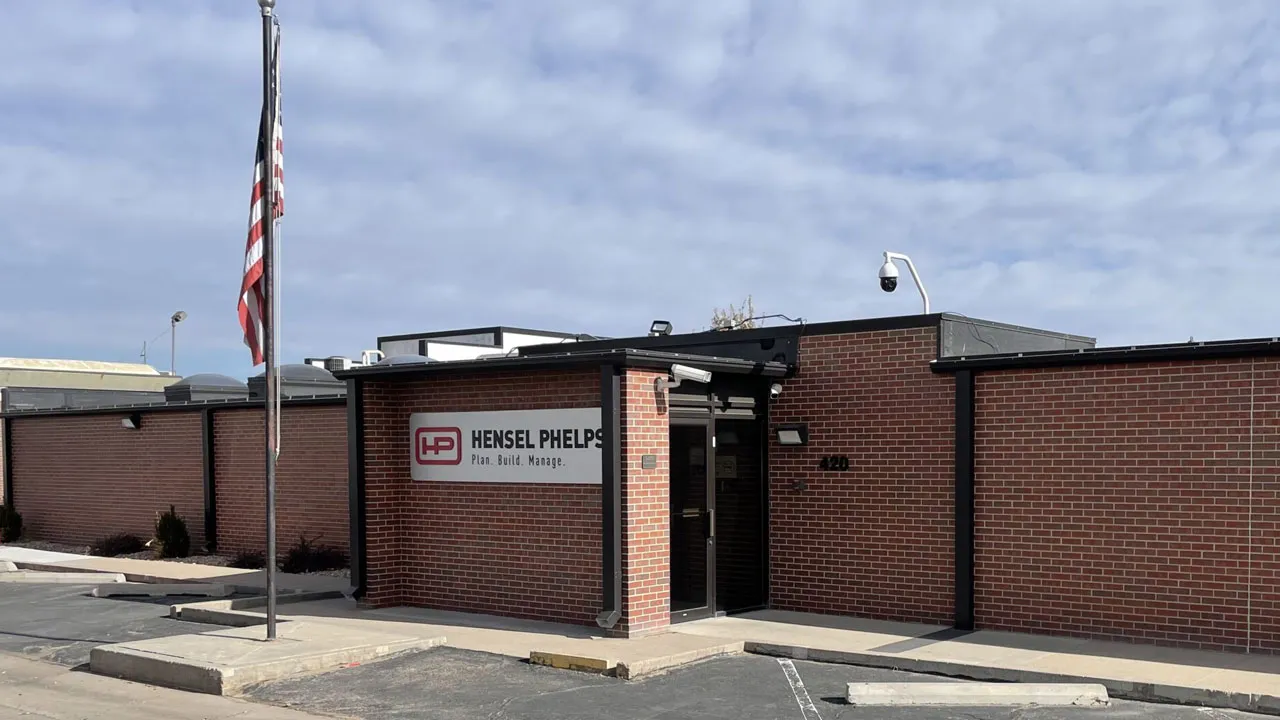Prometheus aims to spark fire in building-materials space

LONGMONT — Born from research conducted at the University of Colorado Boulder, Prometheus Materials Inc. hopes to revolutionize construction.
“We are on a mission to change the world,” Prometheus CEO Loren Burnett told BizWest. “I mean that very sincerely. We’re in the wonderful position of actually having technology that can make a meaningful change to [carbon dioxide (CO2) emissions] worldwide.”
The Longmont company, with a boost from the U.S. Department of Defense, has developed a zero-carbon alternative to Portland cement, one of the most common building materials on Earth.

Prometheus’ materials are built from microalgae combined with…
THIS ARTICLE IS FOR SUBSCRIBERS ONLY
Continue reading for less than $3 per week!
Get a month of award-winning local business news, trends and insights
Access award-winning content today!





